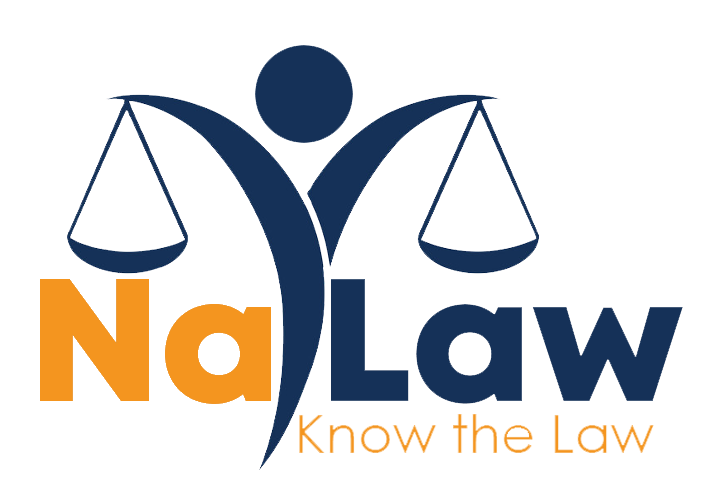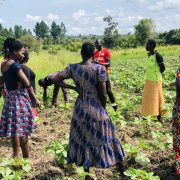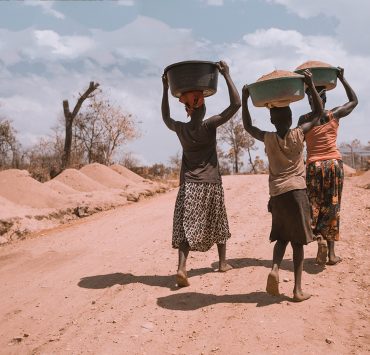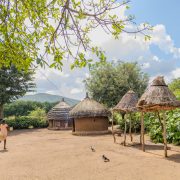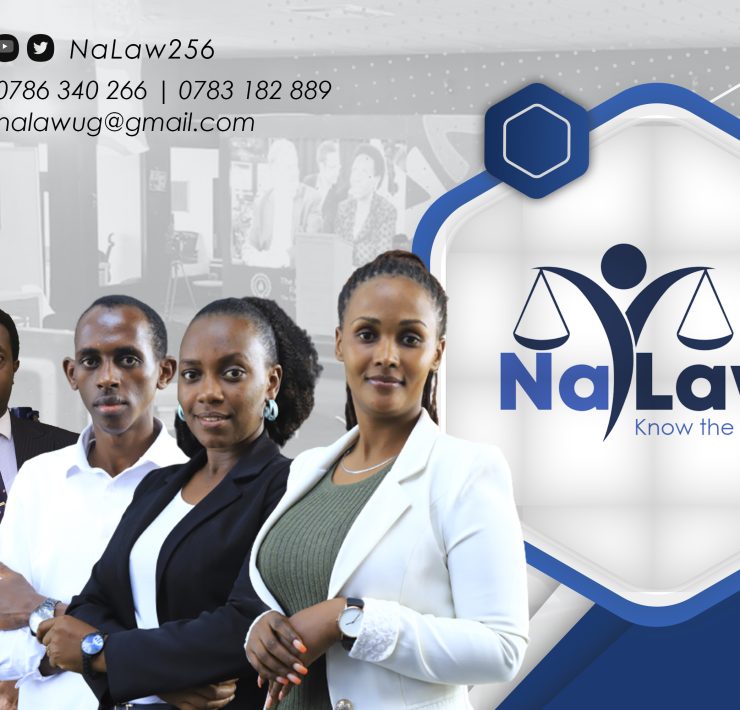Land Ownership in Uganda: Tenure, Challenges, and Legal Framework
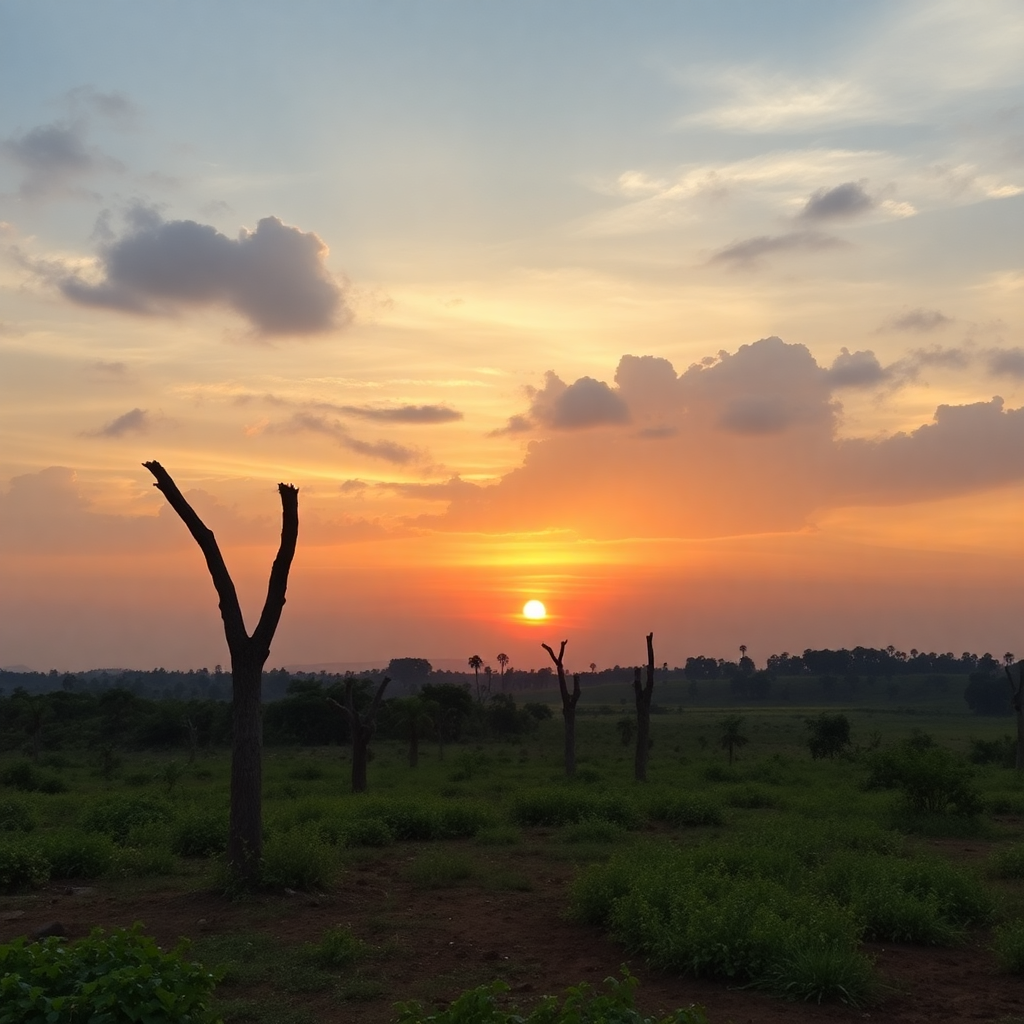
Land is a critical asset in Uganda, serving as a foundation for economic, social, and cultural activities. However, land ownership in Uganda is a complex issue, shaped by historical, legal, and cultural factors. The country’s land tenure system is governed by a robust legal framework, primarily the 1995 Constitution of Uganda and the Land Act of (Cap. 236). These laws recognize multiple types of land tenure systems, each with its unique characteristics and challenges. In this article, we explore the types of land ownership in Uganda, common challenges faced by landowners, the process of acquiring a certificate of title, and mechanisms for resolving land disputes in Uganda.
Tenures Systems of Land Ownership in Uganda
Uganda’s land tenure system is defined under Article 237 of the 1995 Constitution and further elaborated in the Land Act. The law recognizes four main types of land ownership:
- Customary Land Tenure
Customary land is the most prevalent form of land ownership in Uganda, covering approximately 75% of the country’s land. It is governed by the customs and traditions of the local communities, as recognized under Section 3(1) of the Land Act. Under this system, land is owned communally, and individuals or families have use rights rather than outright ownership. Customary land is typically passed down through generations and is mostly managed by cultural leaders or clan heads.
A certificate of customary ownership is provided under section 4(1) of the Land Act. It can be obtained by a person, family or community holding land under customary tenure. According to section 8(1) of the Land Act, a certificate of customary ownership is regarded as conclusive evidence of the customary rights and interests of the holder on the referred land. However, it does not confer to the holder all rights attached to the certificate of title, which often leaves customary landowners vulnerable to disputes and expropriation. A solution lies in Section 9 of the Land Act which provides for conversion from customary land tenure to the freehold tenure system.
- Freehold Land Tenure
Freehold land ownership grants the holder absolute ownership of the land, with no time limitations. This type of tenure is recognized under Section 3(2) of the Land Act and is common in urban and suburban areas. Freehold landowners have the right to use, lease, or sell their land as they see fit. However, acquiring freehold land can be expensive, and the process of registration is often cumbersome.
- Mailo Land Tenure
Mailo land tenure denotes land whose ownership originates from the Buganda Agreement of 1900. It is most prevalent in the Buganda region and is recognized under Section 3(4) of the Land Act. Under this system, the land is measured in square miles (hence the term “mailo”), and ownership is often divided between the registered owner (landlord) and lawful or bona fide occupants (tenants). This dual ownership has led to numerous conflicts between landlords and tenants, particularly over rent and eviction issues.
- Leasehold Land Tenure
This is where Leasehold land ownership originates from a contract when one leases land to a tenant for a specified period, typically 49 or 99 years, as provided under Section 3(5) of the Land Act. The leaseholder has the right to use the land during the lease period but must return it to the owner upon expiration. Leasehold tenure is common in urban areas and for commercial or agricultural purposes. It is also the preferred tenure for foreigners who essentially cannot own land in Uganda. However, leaseholders often face challenges such as high lease fees, the risk of non-renewal, and the defacement of the leased property.
Common Challenges to Land Ownership and Rights of Owners
Land ownership in Uganda is encumbered with challenges, many of which are exacerbated by weaknesses in the legal and administrative systems. Key challenges include:
1. Land Grabbing and Disputes
Land grabbing by powerful individuals, corporations, or government entities is a significant issue. Vulnerable groups, such as women and rural communities, are particularly affected. Disputes often arise due to unclear boundaries, overlapping claims, and fraudulent land transactions. The Land Act and Article 26 of the Constitution provide protections against unlawful evictions and compulsory acquisition without fair compensation, but enforcement remains weak.
- Weak Land Administration Systems
The land registry system in Uganda is often inefficient, corrupt, and underfunded. This leads to delays in land registration, issuance of titles, and resolution of disputes. Many landowners, especially in rural areas, lack formal documentation, making it difficult to prove ownership. The Land Act mandates the establishment of land committees and boards to improve land administration, but their effectiveness is limited by resource constraints.
- Gender Inequality
Despite legal provisions under Article 33 of the Constitution and Section 40 of the Land Act, which guarantee women’s rights to own and inherit land, women in Uganda often face cultural and societal barriers to land ownership. Customary practices frequently discriminate against women, denying them the right to own or inherit land.
- Evictions and Conflicts
Evictions, particularly on mailo and leasehold land, are a major concern. Tenants and lawful occupants are often displaced without adequate compensation or due process, leading to social unrest and legal battles. The Land Act provides safeguards for lawful and bona fide occupants, but implementation remains inconsistent.
Certificate of Title: Process of Acquisition
A certificate of title is the most secure form of land ownership in Uganda. It provides legal proof of ownership and protects the landholder from disputes and fraud. The process of acquiring a certificate of title is governed by the Registration of Titles Act (Cap. 240) and involves the following steps:
- Land Search
The prospective buyer searches the land registry to verify the ownership and status of the land. This helps to identify any encumbrances or disputes. It is important to interview neighbors of the said land to establish its rightful owner.
2. Complete application form
Obtain the appropriate application form from the land registry office, and fill in accurate details about the land, applicant information, and property description.
- Survey and Mapping
The land must be surveyed by a licensed surveyor to establish its boundaries and prepare a map. This is a critical step to avoid boundary disputes.
- Approval and Consent
The transaction must be approved by the relevant authorities, such as the local government or land board. In the case of customary land, consent from the clan or community leaders may be required. Spousal consent must also be obtained where it is family land.
- Valuation and Assessment
The purpose is to determine the value of the land for tax purposes and the process includes requesting a Valuation Report from a government valuer and paying the Stamp Duty and Registration Fees.
- Payment of Fees
The buyer pays the necessary fees, including stamp duty, registration fees, and survey costs.
- Registration
The deed or transfer instrument is registered at the land registry, in the respective district and a certificate of title is issued in the name of the new owner.
Disputes: Resolution and Minister’s Authority
Land disputes are common in Uganda due to the complexity of the tenure systems and weak land governance. Disputes may arise between individuals, communities, or between landowners and the state. The following mechanisms are available for resolving land disputes:
- District Land Tribunal
Under Section 77 Land Act, the district land tribunal is empowered with the settlement of land disputes arising from acquisition, possession, transfer, compensation, and any other disputes relating to land. Section 84 provides that appeals from the district land commission shall be instituted in the High Court.
- Local Councils (LCs)
Disputes are often first addressed by Local Councils at the village or parish level. These councils provide a quick and accessible forum for resolving minor disputes.
- Mediation and Arbitration
Parties may opt for mediation or arbitration, which is less formal and costly than court proceedings. The Land Act encourages alternative dispute resolution mechanisms under Section 85(2).
- Courts
Land disputes can be taken to the Magistrate’s Court, High Court, or specialized land tribunals. The courts have the authority to issue binding decisions on land matters, as provided under Article 26 of the Constitution.
- Minister’s Authority
The Minister of Lands has the authority to intervene in land disputes, particularly those involving public interest or large-scale conflicts, or initiate investigations to resolve disputes. However, under Section 88 of the Land Act, only the Registrar of Titles may issue or cancel titles on land.
Conclusion
Land ownership in Uganda is a multifaceted issue, shaped by historical legacies, legal frameworks, and cultural practices. The 1995 Constitution and the Land Act provide a robust legal foundation for land tenure and dispute resolution. However, significant challenges remain, including land grabbing, weak administration, and gender inequality. The certificate of title provides a secure form of ownership, but the process of acquisition is often hindered by bureaucratic inefficiencies. Disputes are common, but mechanisms such as mediation, courts, and ministerial intervention offer avenues for resolution. To ensure equitable and sustainable land management, Uganda must address systemic issues, strengthen land governance, and promote the rights of all landowners, particularly vulnerable groups. The legal framework exists, but its effective implementation is key to achieving justice and stability in land ownership.
By Echura Gerald
